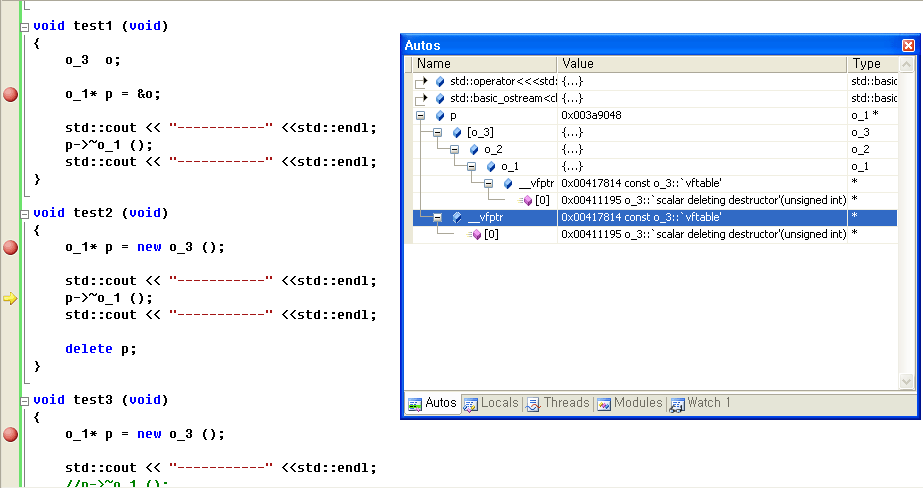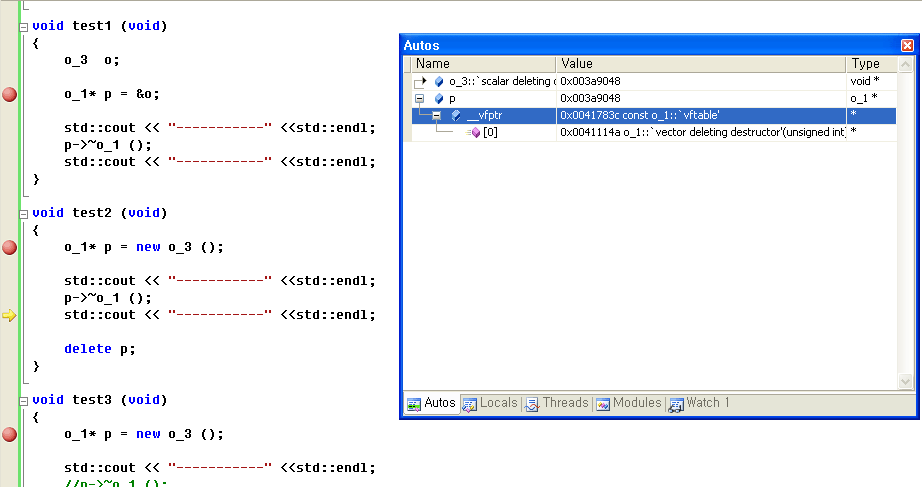wince에서는 CreateRoundRectRgn()함수가 지원이 안되서 구글 힘을 빌려 만들어 봤습니다. 원본소스는
http://www.ocera.org/archive/upvlc/public/components/sa-rtl/sa-rtl-2.2-pre2/mw/mwin/winrgn.c
에 있는 일부분을 참고해서 만들었습니다.
// TestCEGraphView.h : interface of the CTestCEGraphView class
//
/////////////////////////////////////////////////////////////////////////////
#pragma once
#include <vector>
HRGN CreateRoundRectRgn (int left, int top, int right, int bottom, int ellipse_width, int ellipse_height )
{
HRGN hrgn = 0;
int asq, bsq, d, xd, yd;
RECT rect;
std::vector<RECT> rects;
if (ellipse_width == 0 || ellipse_height == 0)
return CreateRectRgn( left, top, right, bottom );
/* Make the dimensions sensible */
if (left > right ) { int tmp = left; left = right; right = tmp; }
if (top > bottom) { int tmp = top; top = bottom; bottom = tmp; }
ellipse_width = abs(ellipse_width);
ellipse_height = abs(ellipse_height);
/* Check parameters */
if (ellipse_width > right-left) ellipse_width = right-left;
if (ellipse_height > bottom-top) ellipse_height = bottom-top;
/* Ellipse algorithm, based on an article by K. Porter */
/* in DDJ Graphics Programming Column, 8/89 */
asq = ellipse_width * ellipse_width / 4; /* a^2 */
bsq = ellipse_height * ellipse_height / 4; /* b^2 */
if (asq == 0) asq = 1;
if (bsq == 0) bsq = 1;
d = bsq - asq * ellipse_height / 2 + asq / 4; /* b^2 - a^2b + a^2/4 */
xd = 0;
yd = asq * ellipse_height; /* 2a^2b */
rect.left = left + ellipse_width / 2;
rect.right = right - ellipse_width / 2;
rects.reserve (ellipse_height);
/* Loop to draw first half of quadrant */
while (xd < yd)
{
/* if nearest pixel is toward the center */
if (d > 0)
{
/* move toward center */
rect.top = top++;
rect.bottom = rect.top + 1;
rects.push_back (rect);
rect.top = --bottom;
rect.bottom = rect.top + 1;
rects.push_back (rect);
yd -= 2*asq;
d -= yd;
}
/* next horiz point */
rect.left --;
rect.right++;
xd += 2*bsq;
d += bsq + xd;
}
/* Loop to draw second half of quadrant */
d += (3 * (asq-bsq) / 2 - (xd+yd)) / 2;
while (yd >= 0)
{
/* next vertical point */
rect.top = top++;
rect.bottom = rect.top + 1;
rects.push_back (rect);
rect.top = --bottom;
rect.bottom = rect.top + 1;
rects.push_back (rect);
/* if nearest pixel is outside ellipse */
if (d < 0)
{
/* move away from center */
rect.left --;
rect.right++;
xd += 2*bsq;
d += xd;
}
yd -= 2*asq;
d += asq - yd;
}
/* Add the inside rectangle */
if (top <= bottom)
{
rect.top = top;
rect.bottom = bottom;
//rects.push_back (rect);
rects.insert (rects.begin(), rect);
}
static int count=0;
std::vector<RECT>::iterator i;
for (i=rects.begin(); i!=rects.end(); i++)
{
ATLTRACE (_T("[%d]%3d,%3d:%3d,%3d \r\n"), ++count,
(*i).top,
(*i).bottom,
(*i).left,
(*i).right
);
}
if (rects.empty())
return NULL;
RGNDATAHEADER* pRgnData;
UINT RgnDataSize;
UINT RgnRectCount;
LPRECT pRect;
RgnRectCount = rects.size();
RgnDataSize = sizeof(RGNDATAHEADER) + sizeof(RECT)*RgnRectCount;
pRgnData = (RGNDATAHEADER*)new BYTE[ RgnDataSize ];
if (pRgnData==NULL)
return NULL;
pRgnData->dwSize = sizeof(RGNDATAHEADER);
pRgnData->iType = RDH_RECTANGLES;
pRgnData->nCount = RgnRectCount;
pRgnData->rcBound.left = 0;
pRgnData->rcBound.top = 0;
pRgnData->rcBound.right = 0;
pRgnData->rcBound.bottom = 0;
pRect = (LPRECT) ( (LPBYTE) pRgnData + sizeof(RGNDATAHEADER) );
memcpy (pRect, &*rects.begin(), RgnRectCount*sizeof(RECT));
hrgn = ExtCreateRegion(NULL, RgnDataSize, (LPRGNDATA)pRgnData);
delete pRgnData;
return hrgn;
}
class CTestCEGraphView : public CWindowImpl<CTestCEGraphView>
{
public:
DECLARE_WND_CLASS(NULL)
BOOL PreTranslateMessage(MSG* pMsg)
{
pMsg;
return FALSE;
}
BEGIN_MSG_MAP(CTestCEGraphView)
MESSAGE_HANDLER(WM_PAINT, OnPaint)
END_MSG_MAP()
// Handler prototypes (uncomment arguments if needed):
// LRESULT MessageHandler(UINT /*uMsg*/, WPARAM /*wParam*/, LPARAM /*lParam*/, BOOL& /*bHandled*/)
// LRESULT CommandHandler(WORD /*wNotifyCode*/, WORD /*wID*/, HWND /*hWndCtl*/, BOOL& /*bHandled*/)
// LRESULT NotifyHandler(int /*idCtrl*/, LPNMHDR /*pnmh*/, BOOL& /*bHandled*/)
LRESULT OnPaint(UINT /*uMsg*/, WPARAM /*wParam*/, LPARAM /*lParam*/, BOOL& /*bHandled*/)
{
CPaintDC dc(m_hWnd);
CBrush brush[3];
brush[0].CreateSolidBrush (RGB(0xff,0x00,0x00));
brush[1].CreateSolidBrush (RGB(0x00,0xff,0x00));
brush[2].CreateSolidBrush (RGB(0x00,0x00,0xff));
HRGN hrgn;
hrgn = CreateRoundRectRgn (10,10,200,100,200,200);
dc.FillRgn (hrgn , brush[0]);
DeleteObject (hrgn);
hrgn = CreateRoundRectRgn (10,150,200,250,20,50);
dc.FillRgn (hrgn , brush[1]);
DeleteObject (hrgn);
hrgn = CreateRoundRectRgn (10,300,200,400,20,20);
dc.FillRgn (hrgn , brush[2]);
DeleteObject (hrgn);
return 0;
}
};


 Source-Code1009E.zip
Source-Code1009E.zip The C Standard Library.htm
The C Standard Library.htm TestCEGraphView.h
TestCEGraphView.h
 대한민국전국라디오주파수.xlsx
대한민국전국라디오주파수.xlsx

